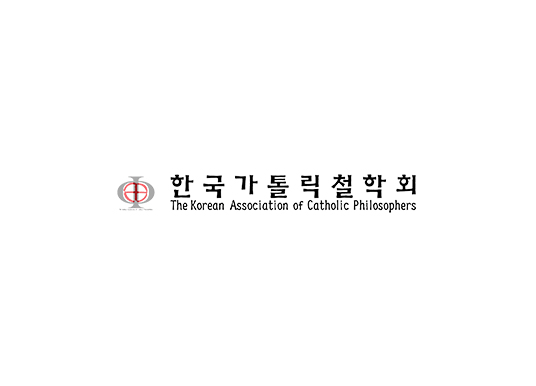쿠자누스의 ‘하나’에 대한 이해 -‘하나’ 개념의 새로운 이해 가능성-
Understandability about the One by Nicholas of Cusa -New Comprehension of Concept the One-
김형수
가톨릭대학교
가톨릭철학
2022, vol., no.39, pp. 41-66 (26 pages)
한국가톨릭철학회
1. 주제설정
2. 쿠자누스의 ‘하나’에 대한 전체적인 이해
3. 하나에 대한 쿠자누스의 고유한 이해
4. 인간 자신에게 있어서 하나의 의미
초록
쿠자누스는 현실적인 존재를 넘어서 모든 존재를 포괄하며 모든존재의 원천이 되는 무한한 초월성을 지니는 신의 절대적 존재를하나로 나타낸다. 존재의 참된 계기로서 하나는 모든 것을 넘어서는 동시에 모든 것 안에 있음으로써, 초월성과 내재성은 신의 본질로서 이해된다.
무엇보다 절대적 하나는 대립적인 것들의 모순 이전의 합치로서다수 또는 다른 것을 무차별적으로 자신 안에 내적으로 접고 있다. 반면에 존재하는 하나는 절대적 단일성 자체에 의해 외적으로 펼쳐진 하나이다. 하지만 절대적 하나가 이름 불릴 수 없고 규정 수없다는 점에서 볼 때, 하나는 합치의 저편에 있다.
특별히 쿠자누스에게서 하나는 신의 이름으로서 다른 것이 아닌것으로 고찰된다. 다르지 않음의 하나임에서 모든 다름과 대립은지양된다. 다른 것이 아닌 것은 대립적인 것들을 넘어서지만, 오직자신 안의 셋-하나 본질의 현재하는 관계성으로서만 존재한다. 창조론의 관점에서도 다른 것이 아닌 것과 동일한 것으로서 하나는그 자신과 다른 것이 아니지만, 동시에 그 자신 안에서 그리고 다른 것이 아닌 것을 향해서는 다른 것이기도 한 존재하는 하나의 형태에서 다른 것의 근거가 된다. 쿠자누스는 우리 자신의 척도로서하나를 찾으려는 정신의 갈망 옆에서 우리와 마주하는 대상들의참된 척도로서 하나를 찾으려는 갈망을 본다. 궁극적으로 쿠자누스에게서 다양한 방식으로 하나에 대해서 인식하려는 노력은 정신적 원천인 동시에 모든 것의 목적인, 말해질 수 없는 신의 본질에대한 추구이다.
Nicholas of Cusa represents the absolute existence of God with infinite transcendence that encompasses all beings beyond the actual existence and is the source of all existence as the One. Transcendence and immanence are understood as the essence of God, by which the One as the true moment of being is beyond all and in all.
Above all else, the absolute One is the coincidence before contradiction of the opposing things, which indiscriminately enfolds the many or the other within itself. On the other hand, the One that exists is the One that is outwardly unfolded by the absolute unity itself. But in the sense that the absolute one cannot be named and cannot be defined, the one is beyond coincidence.
Especially, in Cusanus the absolute One is considered ‘Not-other’, namely the name of God. In the oneness of ‘Not- other’, all differences and oppositions are avoided. The ‘Not- other’ transcends opposites but exists only as a present relation of the three-one essence within itself. From the point of view of creationism, as the same as the ‘Not-other’, the one is not different from itself, but at the same time is the basis of the other in the form of being which is also another in itself and towards the other. In the desire of the mind to find the One as our own measure, Cusa sees the longing to find the One as the true measure of the objects we encounter. Ultimately, in Cusa, the effort to know the One in various ways is not only the pursuit of a spiritual source but of the unspeakable essence of God as the goal of all things.

